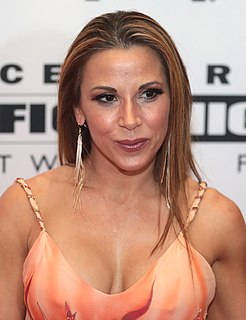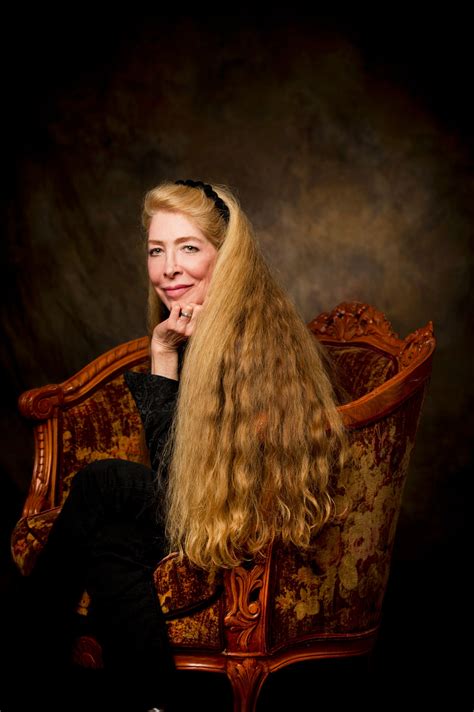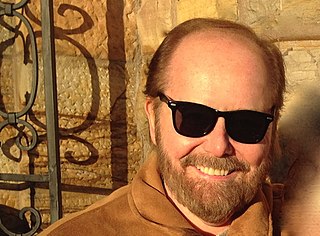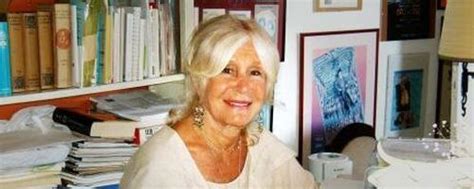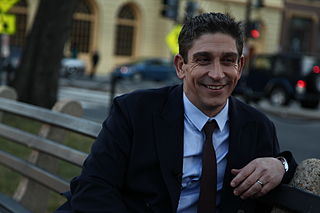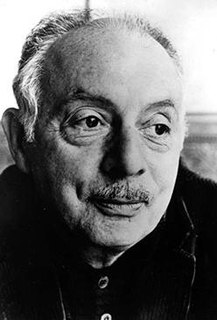Top 1200 Writing Poems Quotes & Sayings - Page 3
Explore popular Writing Poems quotes.
Last updated on April 17, 2025.
It is no use thinking that writing of poems - the actual writing - can accommodate itself to a social setting, even the most sympathetic social setting of a workshop composed of friends. It cannot. The work improves there and often the will to work gets valuable nourishment and ideas. But, for good reasons, the poem requires of the writer not society or instruction, but a patch of profound and unbroken solitude.
If I'm still wistful about On the Road, I look on the rest of the Kerouac oeuvre--the poems, the poems!--in horror. Read Satori in Paris lately? But if I had never read Jack Kerouac's horrendous poems, I never would have had the guts to write horrendous poems myself. I never would have signed up for Mrs. Safford's poetry class the spring of junior year, which led me to poetry readings, which introduced me to bad red wine, and after that it's all just one big blurry condemned path to journalism and San Francisco.
I have taught the long poem off and on for years. The more book-length poems I read and studied and taught the more interested I was in the possibilities in writing a poetry that applied formal and substantive options of narrative and non-narrative, lyric and non-lyric. I found many pleasures in this kind of writing. The long poem is as old as the art form.
Because so many poets have chosen a political idiom right now in the US and so many poets have assigned value and inherent knowledge to their racial identity and used that as a form of argumentation, I'm thinking now's a good time to buy low for my own poems and write poems that are deeply in the interior and the psyche. There are plenty of people out there working on subjects of political poetry, partisan poetry, all the way through to crossing the threshold of propaganda. I start thinking now's a good time for me to start writing about the myths of my own psyche.
Writing is for stories to be read, books to be published, poems to be recited, plays to be acted, songs to be sung, newspapers to be shared, letters to be mailed, jokes to be told, notes to be passed, recipes to be cooked, messages to be exchanged, memos to be circulated, announcements to be posted, bills to be collected, posters to be displayed and diaries to be concealed. Writing is for ideas, action, reflection, and experience. It is not for having your ignorance exposed, your sensitivity destroyed, or your ability assessed.
If you can find two poems in a book, it could be a pretty good book for you. You know, two poems you really like. There are some poets who are fairly big names in contemporary poetry and who write a book and I might like three or four poems in the book, but the rest of them don't appeal to me personally; but I think that's the way it really ought to be. I think it's really a rare thing to like everything that somebody has written.


